Do You Judge the Person You Used to Be?
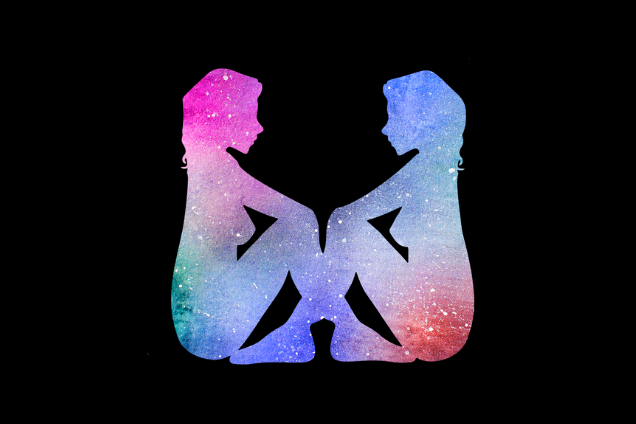
By Lori Deschene j udgmental
I wasn’t quite so confident when she said, “Are people best from a computer screen, when you’re sitting alone in your living room?”
This hit me like a jolt to the stomach, completely knocking the wind out of me.
This is precisely what I did for most of my time living in New York—sit by myself, desperately wanting connection but fearing what that would entail.
She likely had no intention of being hurtful—after all, she was still the same kind, giving person I admired so much—but her comment felt like a red-hot poker, jabbing at something raw and tender.
In that moment, I asked myself three questions: Why is this so raw? Why do I feel so defensive? What am I really afraid of?
When I dissected my feelings, I realized I’d internalized her comment to mean: I am the same person I was at my weakest, and if I’m not careful, people will see it and reject me.  People will think that I’m a fraud and that I haven’t really changed at all.
People will think that I’m a fraud and that I haven’t really changed at all.
It was based in the same limiting thinking that kept me isolated years ago—the fear that other people may judge me, and their judgments may be true.
At first, I reminded myself, “You are not the same person you were before. You’ve come such a long way, and that’s something to be proud of.”
But then I stopped myself and questioned my well-intentioned internal monologue. Was this really what I needed to hear—that I was so much better than my shameful former self?
Haters and Critics: How to Deal with People Judging You by James Clear
– Receive More Waves of iNspiration. It’s easy to sign up, click Here to receive your monthly iNspiration Nation’s Newsletter sent straight to your inbox. Stay current with some of the industry’s most influential writers, bloggers, authors, and publishers. loggers, authors, and publishers.
Maybe what I really needed to hear was, “You are the same person—because the person you were before was beautiful and worthy of love, just as you are now. She was just at a different part of the journey.”
That’s the missing piece of this self-acceptance puzzle I’ve been making all these years. It’s not about fully believing I am better than I used to be. It’s about releasing the need to judge that person, because she is, in fact, still me.
I may have made poor choices before and I may have struggled more than I do now, but I was doing the best I could, based on where I was at that time. This was no reason to be ashamed of where I’d been.
judgmental
Get Out of Your Own Way:
Overcoming Self-Defeating Behavior
By Mark Goulston
It’s only in releasing shame about the past that we’re able to be free in the present.
I knew not to assume my new friend meant to be judgmental, but I realized then that even if she did, it would only have power over me if I judged myself.
So here’s my most recent admission and affirmation:
My name is Lori. I spent a ton of time sitting alone and self-destructing, feeling terrified of all of you.  I sometimes still fear being judged, but I work every day to move beyond it. Still, that’s not why I am proud.
I sometimes still fear being judged, but I work every day to move beyond it. Still, that’s not why I am proud.
I am proud because I choose to validate myself—who I am, who I’ve been, and who I will be.
That, I believe, is the deepest kind of self-love that we all deserve. judgment
Source: tinybuddha.com
Companion Book
Get Out of Your Own Way:
Overcoming Self-Defeating Behavior
By Mark Goulston
by Roberta Katz
What makes us different from other inspirational/motivational online content providers is our monthly
Wave of iNspiration Showcase!
Each month the Showcase features a new Blog, Video, Book, and Quote, highlighting an inspirational, motivational, and educational topic from the industry’s most influential writers, bloggers, authors, and publishers.
 ↓
↓
Trending throughout iNation…
- Why Today’s Young Men Are Running from Today’s Modern Women by Nancy Wilson
- 5 Ways to Stop Your To-Do List Anxiety And Actually Feel in Control
- The heart-warming story about Hachiko – A Dog who taught us about loyalty and love!
- The Myth Behind Why Being Busy Makes You Feel Important by Heather Picard
- How to Be an “Imperfectionist” By Stephen Guise
- Leadership Excellence – A Model for Sustained Success By Dr. Philip A. Iannuzzi, Jr. (Retired Colonel, U.S. Air Force)
- We Have A Manchild Problem, And It’s Scaring Everyone
- 7 Reasons You Are Unsuccessful. It Isn’t Because You’re Lazy. It’s This.
- If Technology Connects People Why Are People Lonelier Than Ever
- We’re all beginners in life who’ve been given a lot of advice…just be sure not to ignore these 7 powerful pieces!
- 30 Ways to Become a More Positive Person
- Why We Are Tired All The Time By Michael J Breus – Ph.D., Psychology Today
- In A World That Feels Like It’s Going Crazy, Here’s How To Stay Sane
- Home
- 4 Practical Tips for Staying Positive
- Welcome iN To Your iNspiration Nation
- 10 Ways to Free Yourself from “Toxic” Parents By Dr. Sharon Martin
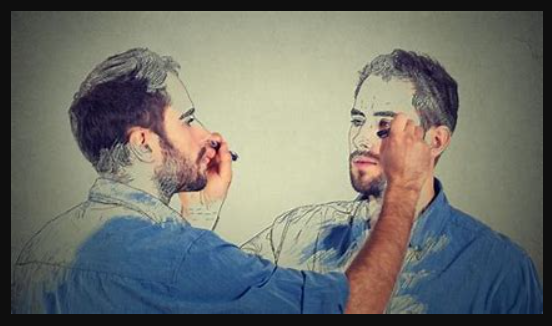
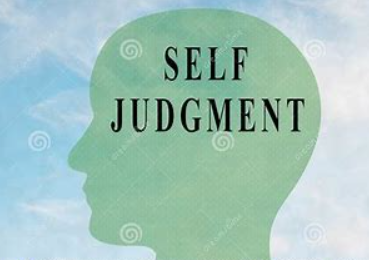 People will think that I’m a fraud and that I haven’t really changed at all.
People will think that I’m a fraud and that I haven’t really changed at all.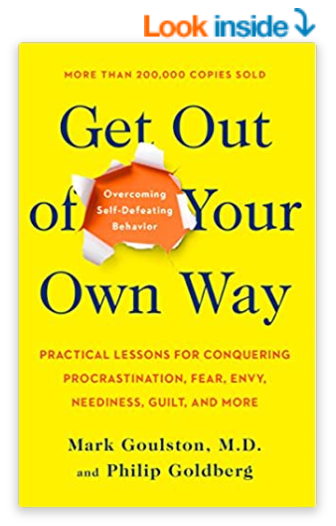
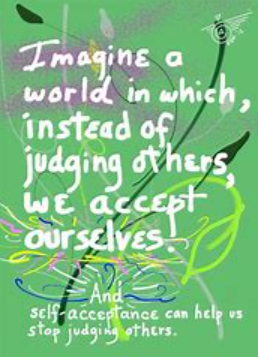 I sometimes still fear being judged, but I work every day to move beyond it. Still, that’s not why I am proud.
I sometimes still fear being judged, but I work every day to move beyond it. Still, that’s not why I am proud.
 ↓
↓

